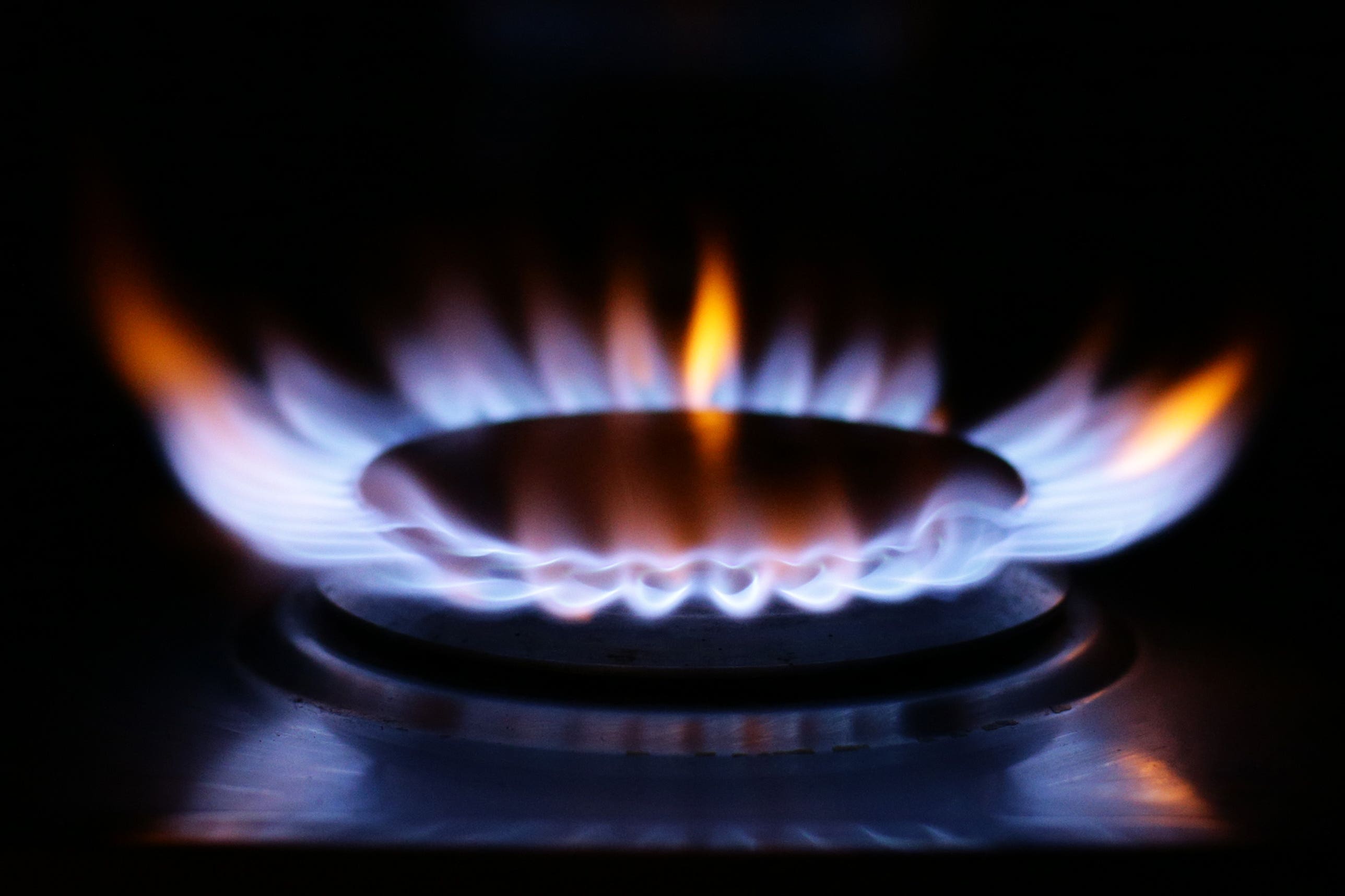Energy bills set to dip below Government support levels from July, forecast says
The average bill for households could drop to £2,800 from July, lower than the £3,000 level that the Chancellor has promised to support.

Your support helps us to tell the story
From reproductive rights to climate change to Big Tech, The Independent is on the ground when the story is developing. Whether it's investigating the financials of Elon Musk's pro-Trump PAC or producing our latest documentary, 'The A Word', which shines a light on the American women fighting for reproductive rights, we know how important it is to parse out the facts from the messaging.
At such a critical moment in US history, we need reporters on the ground. Your donation allows us to keep sending journalists to speak to both sides of the story.
The Independent is trusted by Americans across the entire political spectrum. And unlike many other quality news outlets, we choose not to lock Americans out of our reporting and analysis with paywalls. We believe quality journalism should be available to everyone, paid for by those who can afford it.
Your support makes all the difference.The Government might save billions of pounds subsidising people’s energy use as bills might drop enough for it to in practice remove support for households by the middle of this year.
Researchers said that current data suggests that energy bills could drop to just over £2,800 per year for the average household between July and September.
If proven accurate, the forecast from consultancy Cornwall Insight would help drastically slash the amount that the Government has to spend to help household energy users through the summer and autumn.
At the moment, if bills are above 34p for electricity and 10.3p for gas, the Government pays the excess. This means an average bill of £2,500 for British households, a figure which will rise to £3,000 from April. Households who use more gas and electricity pay more.
Even if energy prices continue at current levels – which is a big if – the costs to the Government over the full period of the EPG are still contributing to Government borrowing
It is part of the Energy Price Guarantee (EPG) scheme.
So if bills in fact fall below £3,000 later this year, the Government will no longer have to pay anything to protect regular people.
“The… fall below the threshold of the EPG will, if wholesale prices continue at this level, effectively see the scheme no longer costing the Government,” said Dr Craig Lowrey, principal consultant at Cornwall Insight.
“We must remain cautious as the Government has essentially been underwriting a volatile wholesale energy market – one which is likely to remain unstable throughout the year.
“Even if energy prices continue at current levels – which is a big if – the costs to the Government over the full period of the EPG are still contributing to Government borrowing and will ultimately fall at the feet of consumers in the form of higher taxes.”
This bill will hit around £37 billion for the period between October 2021 and April 2024, Mr Lowrey predicted.
Energy prices have recently dropped below levels not seen since before the second phase of the Russia-Ukraine war started in February last year.
The price for a therm of gas in the UK has fallen from a short-lived peak of close to £9 in August last year to around £1.56 on Wednesday. Since mid-December the price has dropped from around £3.40.
Recent falls have been driven by the unseasonably warm weather seen recently, which has reduced the amount of gas that people need to heat their homes.
However, energy costs are still much higher than they have been historically, with the price of a therm three times more than the same point two years ago.
“Even if current levels of wholesale prices are maintained, then the pressure may well still be there for the Government to assist consumers in homes and businesses, as bills will still remain extraordinarily high,” Mr Lowrey said.
Cornwall forecast that energy bills, as decided by Ofgem’s price cap, would be £3,545 for the average household between April and June, £2,800 between July and September, and £2,835 between October and December.
The latest forecast for the energy price cap highlights one of the brighter bits of recent economic news – falling wholesale gas prices across Europe.
The Energy Price Guarantee, however, ensures that the average household is charged just £3,000 at most. This is, however, based on a per-unit charge, which means that households which use more gas and electricity will pay more than £3,000.
Emily Fry, economist at the Resolution Foundation think tank, said: “The latest forecast for the energy price cap highlights one of the brighter bits of recent economic news – falling wholesale gas prices across Europe.
“This is good news for British households stuck in a cost-of-living squeeze, but it won’t feel that way for some time.
“The scaling back of government support means that energy bills will rise, rather than fall, for at least the first half of this year.
“And while lower gas prices will save the Government money, it is likely to also spark a fresh political row about whether the level of the Energy Price Guarantee, which rises to £3,000 in April and would only reduce energy bills for three months, needs to be reduced.”